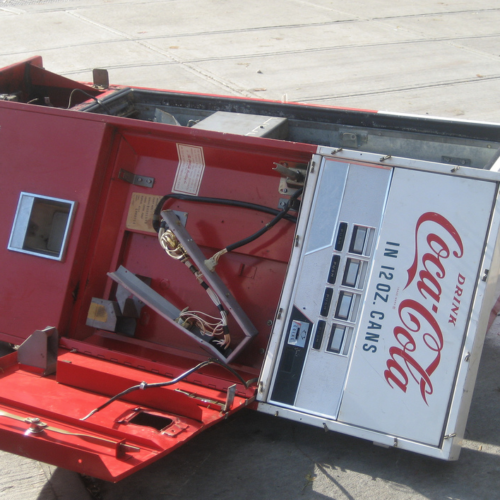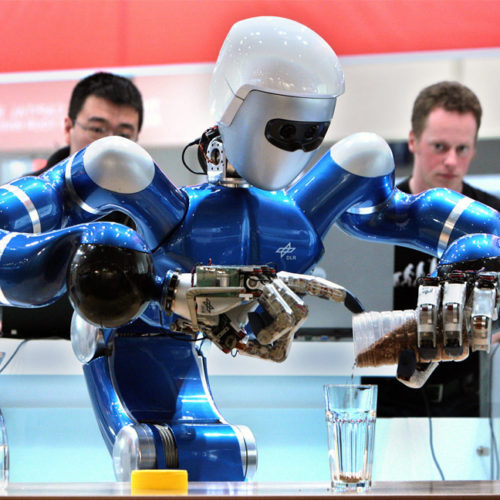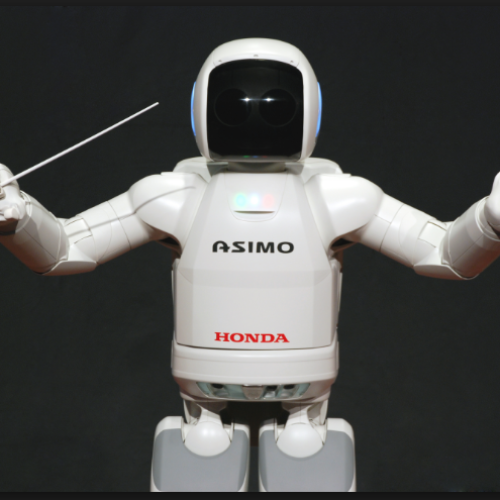AILA – humanoid designed to assist astronauts
The Germany Research Center for Artificial Intelligence in cooperation with University of Breman is developing a humanoid robot named AILA (Artificial Intelligence Lightweight Android), designed to assist astronauts on the International Space Station.
Humanoid is going to be a huge help to the astronauts, although tasks which AILA will be performing will not be so complicated. The idea behind the project is simple – give the astronauts more time for a projects requiring more thought. AILA should help in different day-to-day tasks. To be able to do that, AILA has two arms with articulated fingers, like a human hand (ISS is designed for humans) and can rotate hers head, torso and arms.
To be able to perform the task, AILA first need to learn new skills – exactly like new apprentice has to. After watching a human demonstrate a task, AILA will be able to perform the job herself, by copying actions she observed. With the action plan which allow her to complete task in sequential order, AILA will be ready to accomplish task all by herself. By using imitation and reinforcement learning techniques designed for AILA, scientists want teach new skills also to non-humanoid robots.
Concept of AILA is not new. She was presented in the 2013 CeBIT, but it took over two years to build and equipped AILA enough to let her accomplish her first task.
The project is funded by the German Space Agency using federal funds from the Federal Ministry of Economics and Technology.
You might also like
Cruelty To Robots Needs To Be Stopped!
As they become more like humans it appears that cruelty to robots is happening more often. Showing aggression towards machines is not something new. People kick their car when they
Rollin’ Justin
Rollin’ Justin – or just simply Justin – is a wireless robot developed by DLR, the German Aerospace Center, at the Institute of Robotics and Mechatronics. Justin was invented not
7 Of The Most Advanced Robots
Robotics is progressing at an amazing rate, with new robots and robots that outdo others being developed all the time. Of course they are made for different reasons, some to



